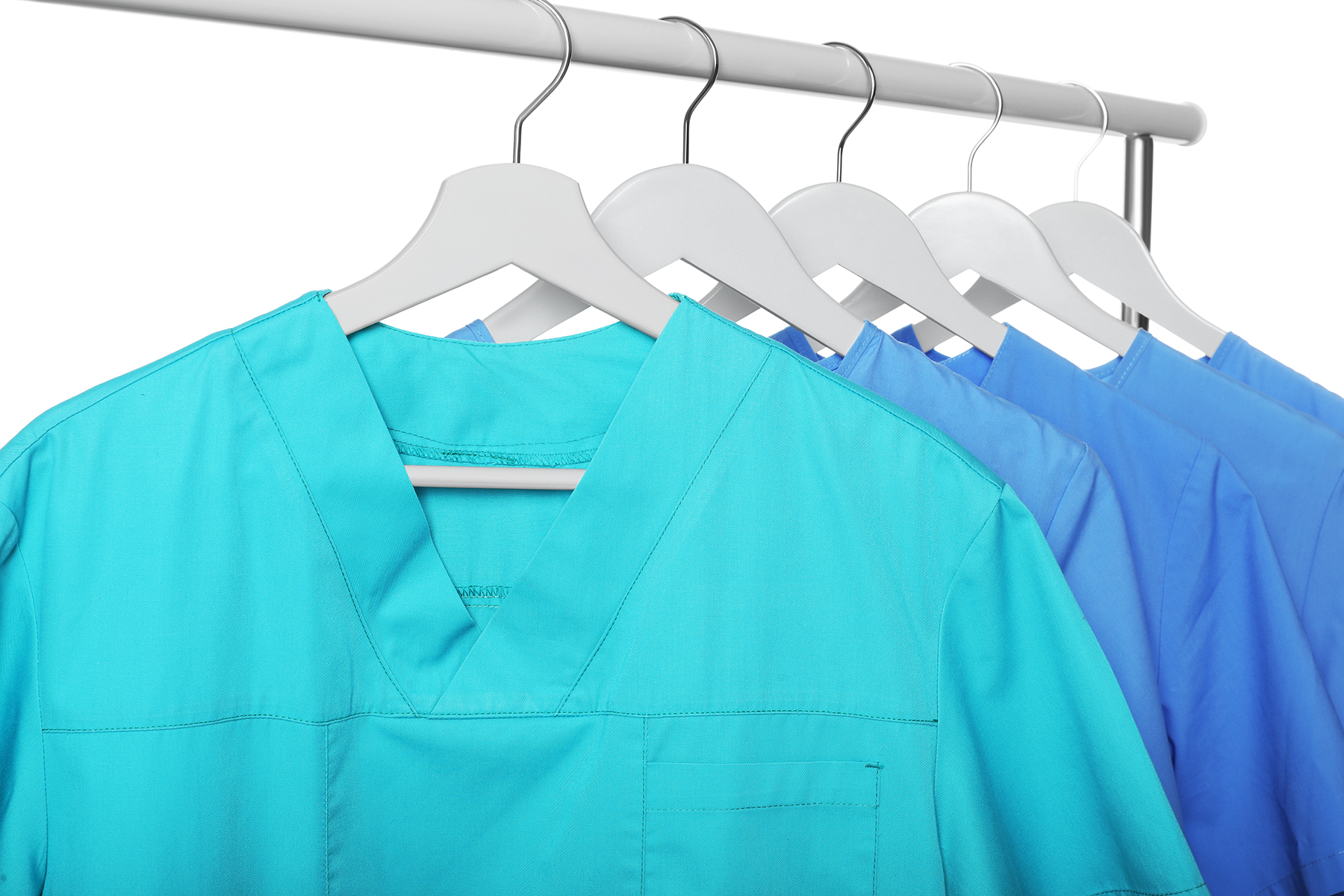The Role of Modern Scrub Technology in Hygiene and Comfort
Scrubs are a key part of working in a medical setting, and the technologies and designs behind these protective clothes continue to improve.
Image Credit: New Africa / stock.adobe.com

Dentistry often doesn’t get recognized for the sometimes messy, often labor-intensive industry it is, but as a dental professional, you know the realities of your job. Like any other tool at your disposal, your scrubs are an important part of keeping you hygienic and comfortable.
You read that right - modern scrubs are valuable tools, and they provide functions beyond those of a simple work uniform. Take a look at how scrubs evolved over the decades and what modern selections can do that can add value to your shift.
Evolution of Scrubs: From Traditional to Modern Designs
The first recorded use of the medical uniforms that eventually became scrubs dates back to the Bubonic Plague, but scrubs as we know them now became popular by the early 20th century during the Spanish flu pandemic.1 In addition to the physical benefits they provide, scrubs have long made medical and dental professionals easily recognizable.
Scrubs were aptly named to refer to the rigorous hand-cleaning process that surgeons perform prior to surgery.1 Early scrubs were bright white, but eventually these were phased out due to causing eye strain in surgeons as they operated. White scrubs were replaced by darker colors that would hide stains and reduce eye strain.
As the 1970s rolled around, scrubs as we know them today emerged in healthcare settings. While most modern scrubs still resemble the plain options available then, there have been huge advancements in the science behind creating these necessary medical garments.
Today, scrubs are often color-coded to represent the hospital, department, or role held by the wearer. In a dental office, hygienists and nurses may wear different colors than dentists and anesthesiologists to help a patient differentiate between the members of their team.
No matter your preference or your employer’s requirements, you can find scrubs made in attractive and flattering shapes, cuts, colors, and patterns. They are no longer one-size-fits-all, and they often have features that make them more comfortable and even safer than traditional scrubs.
Advancements in Scrub Fabric Technology
Early scrubs were generally made from simple cotton or polyester blends and their job was simply to replace regular clothes to protect them from stains. These days, scrubs are made from many different types and blends of fabric, and there are options available that any healthcare professional would be happy with.2
Polyester, spandex, twill, poplin, cotton, viscose, and blends…the world of scrub fabric options can get overwhelming, but you don’t need to stress. There is a great, comfortable pair of scrubs that will work for you.
You might find that a polyester set is a great fit for you because that offers moisture-wicking properties that could come in handy when you’re dealing with dental patients. These also tend to stay relatively wrinkle-free. Polyester-cotton blends combine the moisture-wicking qualities of polyester with the softness and comfort of cotton.
Spandex blends offer a more flexible fit, while twill is a strong choice that stands up to the demands of frequent use. Viscose is a silkier-feeling choice that also wicks away moisture and offers enhanced comfort.
Depending on the climate you’re working within, you may want a warmer or cooler option, and you can choose your fabric based on how comfortable it’ll be in different temperatures.
Hygiene & Comfort Benefits of Modern Dental Scrubs
You already know that scrubs are more than just an outfit. They offer benefits beyond esthetics, still, many have features that might surprise you. Some high-performance scrubs even have silver alloy embedded into the fabric, which offers antimicrobial benefits that can prevent the spread of germs.3
During your shifts, your comfort is a priority. That’s why finding the right scrubs is so important. If your dental office runs warm, you might like scrubs that are lightweight and roomy like ones made from viscose or poplin. If your environment is on the cooler side, twill or a cotton blend might be a good choice for you.
Hygiene is also an important factor in your job. Without good hygiene practices, you’re susceptible to infection and illness. Luckily, technological advances in modern scrubs have resulted in innovations that can keep you feeling clean.
For the first time, dental professionals have options that include antimicrobial scrubs that can prevent your clothing from carrying bacteria, moisture-wicking scrubs that can keep bodily fluids from making contact with your skin, and scrubs made specifically to be easy to clean so you can keep them refreshed and ready to go.
Future Trends in Scrub Technology: What to Expect Next
Scientists are constantly working on ways to improve medical technology, and that includes scrubs. The clothing you wear on the job matters, and keeping up with the latest trends is important.
Keep an eye out for new developments in scrubs, such as fabrics designed to help you stay cool, repel fluids, kill bacteria, and prevent odors. These exciting updates will make your job easier, safer, and more comfortable.
With the many innovative scrubs on today’s market, there’s no reason you have to settle for mediocre workwear. Finding comfortable, hygienic, dynamic scrubs is easier than ever.
References
- O'Donnell VR, Chinelatto LA, Rodrigues C, Hojaij FC. A brief history of medical uniforms: from ancient history to the COVID-19 time. Rev Col Bras Cir. 2020;47:e20202597. Published 2020 Jun 8. doi:10.1590/0100-6991e-20202597
- Medshop Editor. Types Of Fabric For Scrubs. Scrubs IQ. Published: October 31, 2023. Accessed: February 7, 2024. https://www.scrubsiq.com.au/blogs/news/types-of-fabric-for-scrubs
- Gulati R, Sharma S, Sharma RK. Antimicrobial textile: recent developments and functional perspective. Polym Bull (Berl). 2022;79(8):5747-5771. doi:10.1007/s00289-021-03826-3
ACTIVA BioACTIVE Bulk Flow Marks Pulpdent’s First Major Product Release in 4 Years
December 12th 2024Next-generation bulk-fill dental restorative raises the standard of care for bulk-fill procedures by providing natural remineralization support, while also overcoming current bulk-fill limitations.